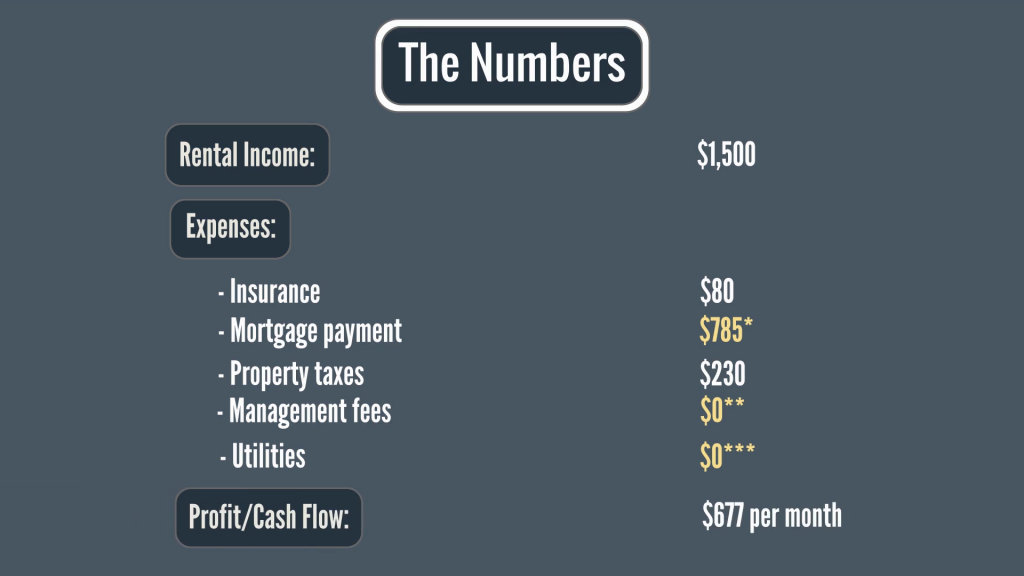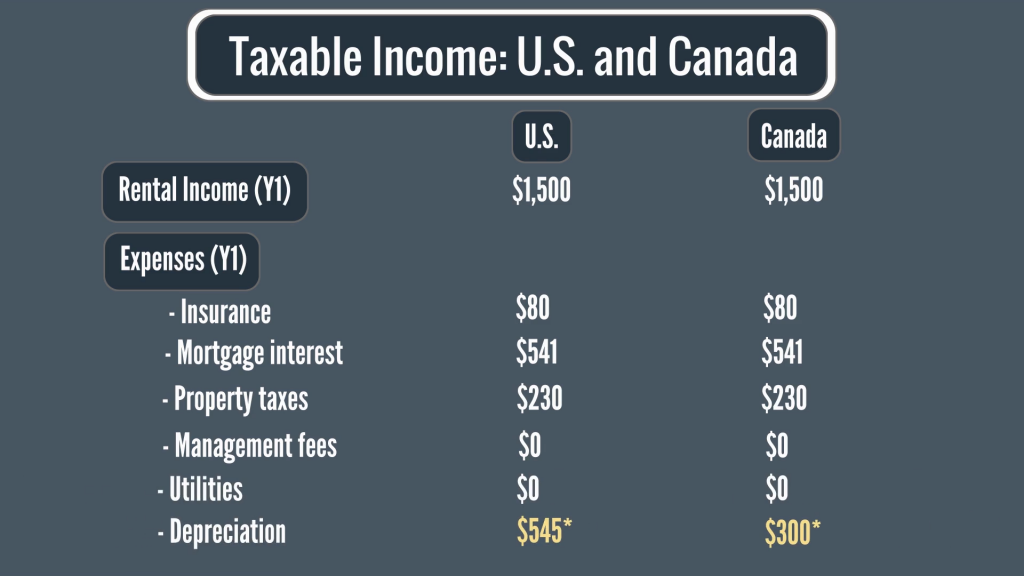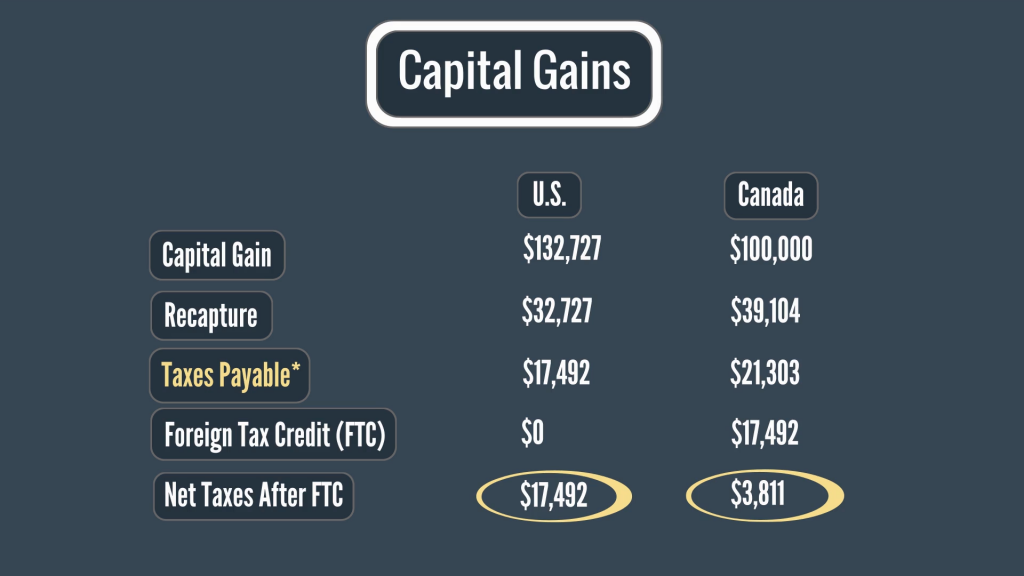Tax implications of Canadian investment in Florida rentals.
Allan Madan, CPA, CA
Thinking of making an investment in the sunshine state? Learn more about investing in a Florida rental property as a Canadian.
1. THE NUMBERS
Let’s begin with reviewing an income statement for the expected revenue and expenses of an example rental property in Florida.

* Estimate based on a mortgage of $165,000, interest rate of 4%, 30-year amortization period
** Management fees are not charged in the first 2 years of ownership. In year 3 and onwards, a management fee of 15% of gross monthly rents shall be charged
*** Utilities paid by tenant
2. NO DOUBLE TAX
As a Canadian resident, you are responsible for paying Canadian income taxes on your worldwide income. To prevent double taxation, you can claim a foreign tax credit on your Canadian return for the American taxes paid. You will not be double taxed!
3. TAXABLE INCOME – US AND CANADA
Let’s look at the taxable income calculation for the Florida rental property for US tax purposes and Canadian tax purposes.

*Based on an estimated purchase price of $220,000 with $40,000 allocated to Land

After accounting for expenses and depreciation, the taxable income for US purposes is $1,248 and for Canadian purposes is $4,188. You’ll notice that the taxable income for Canadian purposes is higher because Canada provides for a lower depreciation deduction than the US.
You can deduct mortgage interest expense in respect of your rental property, in addition to interest paid on a line of credit used to fund the initial down-payment. The principal portion of the mortgage payment is non-deductible for tax purposes.
4. TAXES PAYABLE
Every person receives a personal exemption of $4,050 in the US. This means that taxable income below $4,050 is tax-free. Because your expected taxable income of $1,248 is below the exemption amount, you won’t owe any taxes in the US. This, of course, assumes that your only source of income in the US is from this US rental property. Note that the State of Florida does not impose a state income tax.
The taxes payable in Canada in respect of the profits from your US rental property depends on your tax bracket in Canada. For example, assume that your marginal tax rate is 35% in Canada. In this case, you would pay taxes of $1,466 on $4,188 of taxable profit.

5. DEPRECIATION
Let’s now look a closer look at how depreciation is calculated. Depreciation is a deductible expense and reduces taxes payable. For US tax purposes, the cost of property (excluding land) can be depreciated over a period of 27.5 years. However, for Canadian tax purposes depreciation of 4% of the cost of the property (excluding land), on a declining balance scale, can be claimed each year except for the 1st year, which allows for a rate of only 2%.

6. WITHHOLDING TAXES
Non-residents that collect rents from a rental property in the US are subject to a 30% withholding tax. For example, if you collect $1,500 in monthly rent, then this withholding tax amounts to $450 per month. This tax will be credited to you in full upon filing a US non-resident tax return.
In years 2 and onward, you will no longer have to pay a withholding tax. This is because your Accountant would have obtained a US Tax ID Number (ITIN) for you by this time. The ITIN along with form W8-ECI should be provided to your property manager so that he or she will stop withholding tax from rents paid to you.
It would be nice if you could apply for an ITIN sooner, ideally when you first purchase your rental property. However, the IRS will not issue an ITIN unless the application for an ITIN is submitted with your first US tax filing. The earliest that your accountant can file your first US tax return is in January or February following the year of purchase.
7. FILING US TAX RETURN
Each year you will have to file a US non-resident tax return to report the rents collected and expenses incurred. This return is due by June 15, if you are a non-resident alien living outside of the US.
8. CAPITAL GAINS
If you sell your property in the future for a profit, there will be a capital gain and recapture of depreciation previously claimed. Both the capital gain and recapture of depreciation must be included in your income for US and Canadian tax purposes in the year of sale.
For example, assume that you sell the property for $320,000 in 5 years from now. Based on an initial purchase price of $220,000, this means you made a profit of $100,000. The taxes payable on this profit are calculated as follows:

*Assumed total income for the year is from property sale only
The bottom line is that you will pay $17,492 of tax in the US and $3,811 of tax in Canada. The Canadian taxes are reduced by a foreign tax credit for the American taxes paid.
Disclaimer
The information provided on this page is intended to provide general information. The information does not take into account your personal situation and is not intended to be used without consultation from accounting and financial professionals. Allan Madan and Madan Chartered Accountant will not be held liable for any problems that arise from the usage of the information provided on this page.



